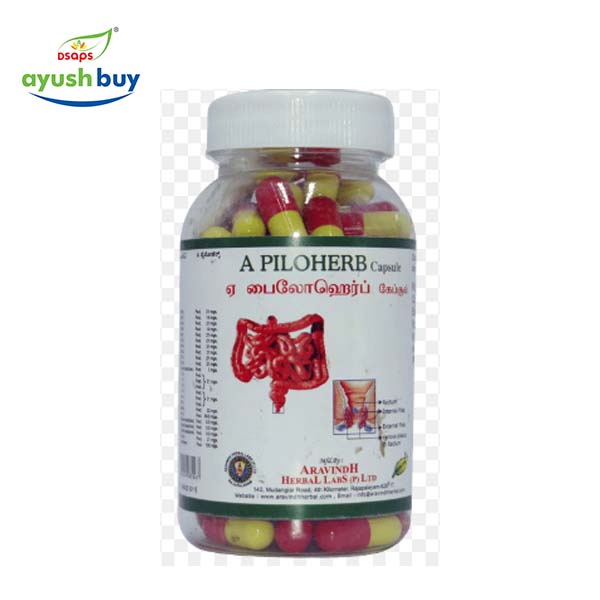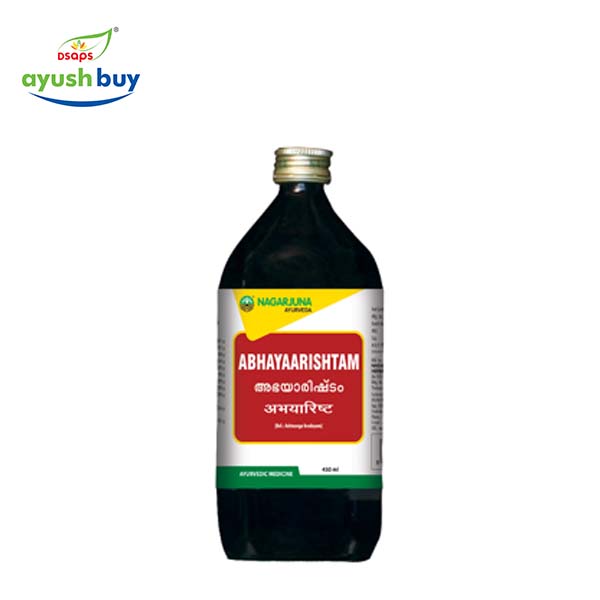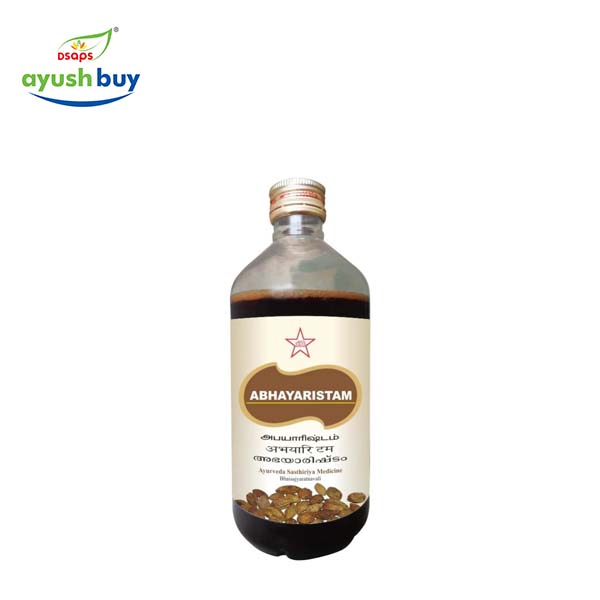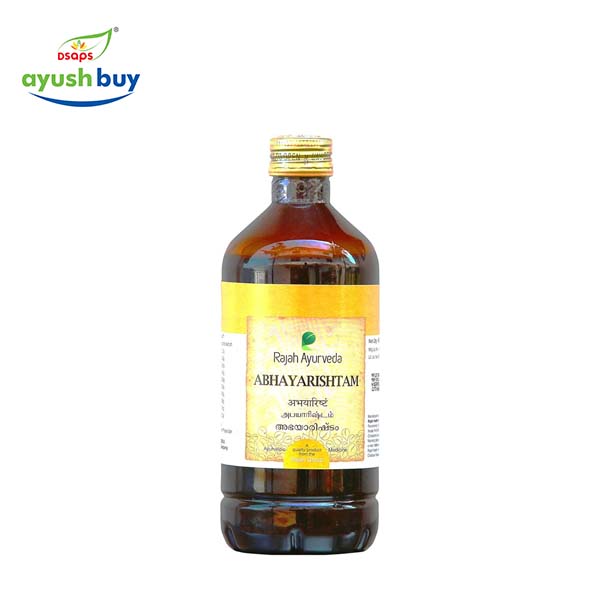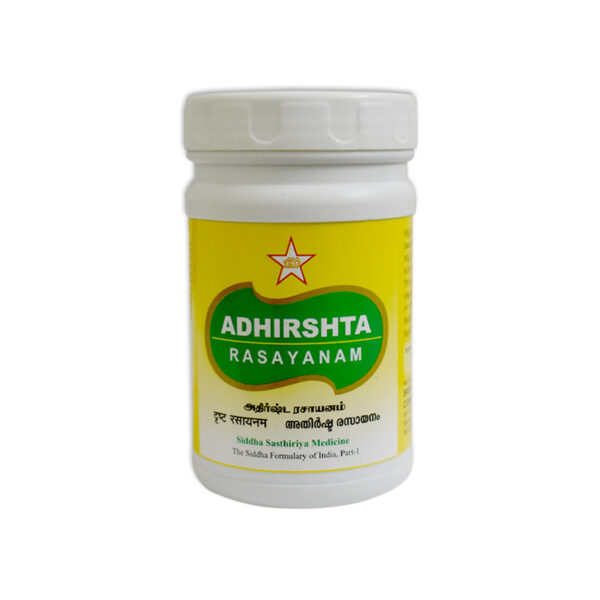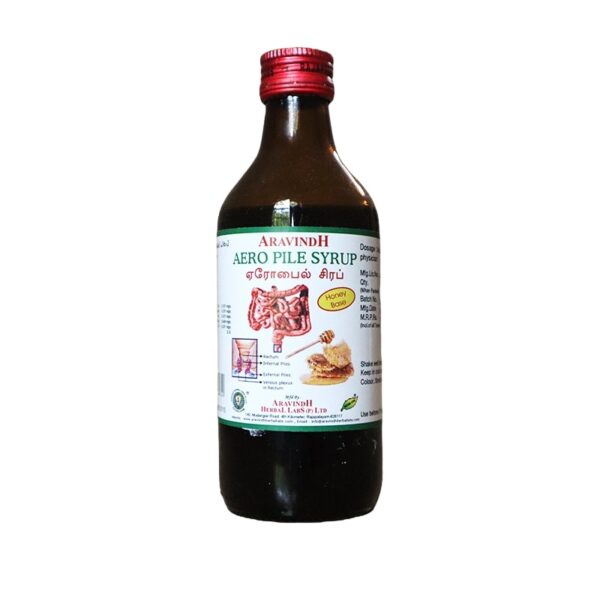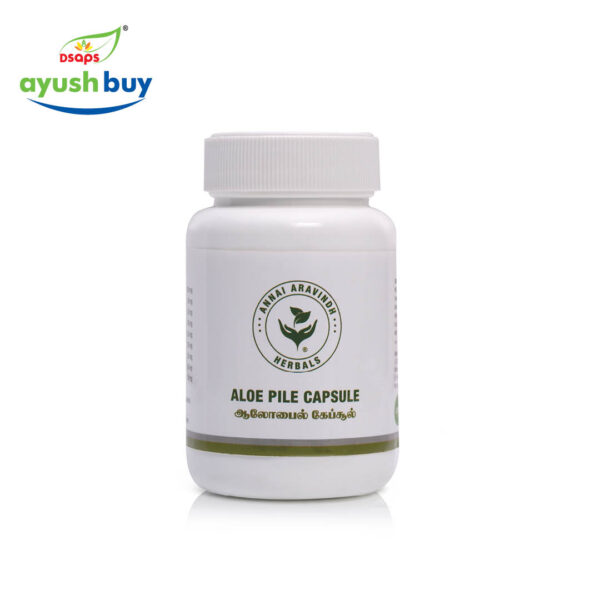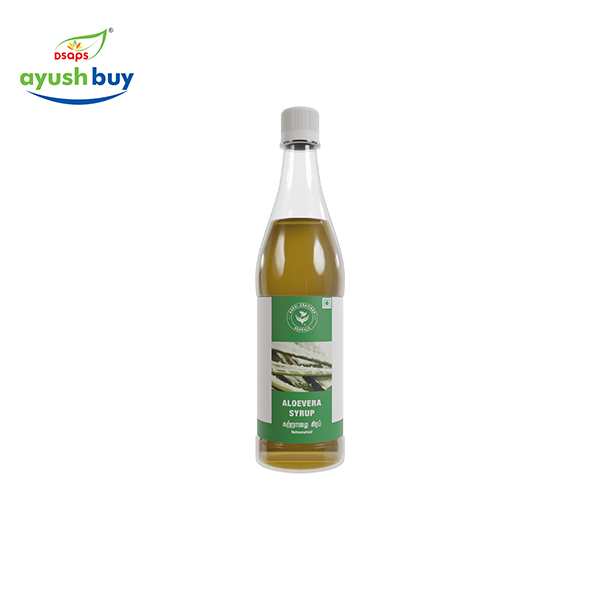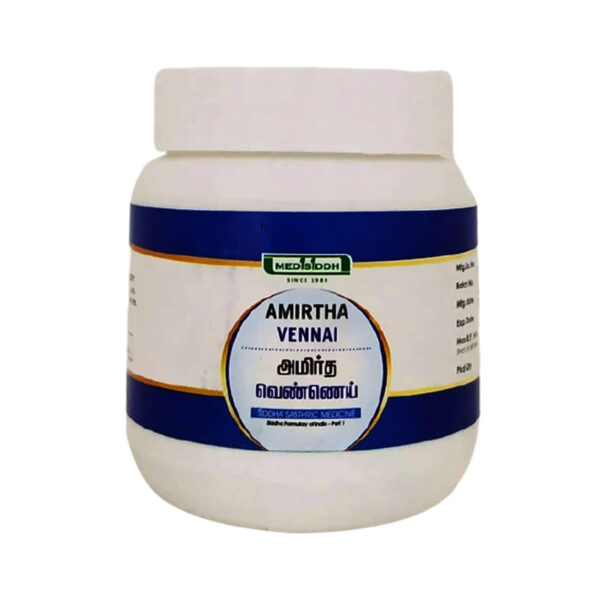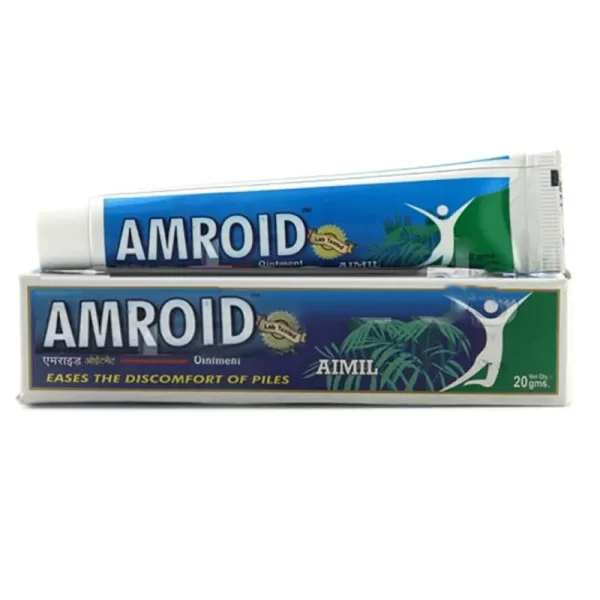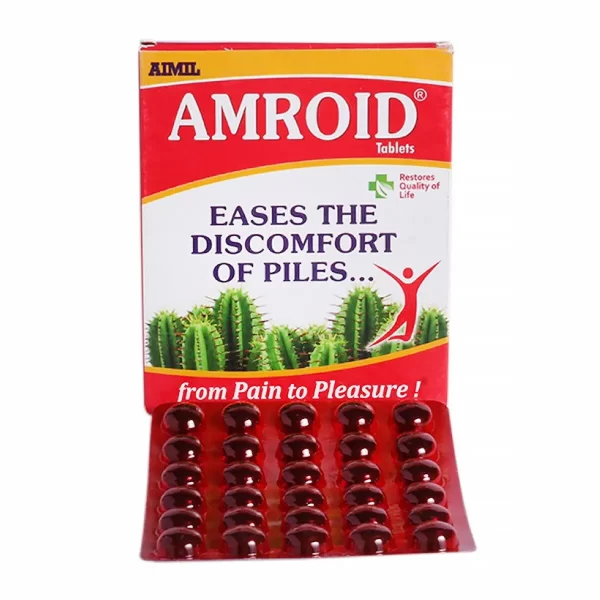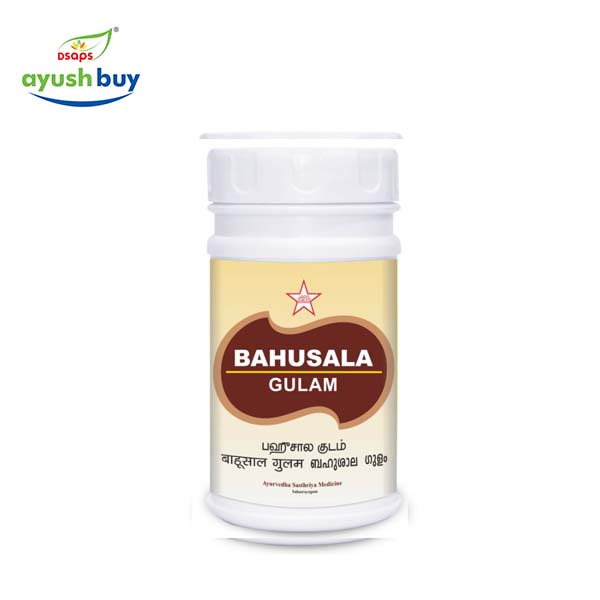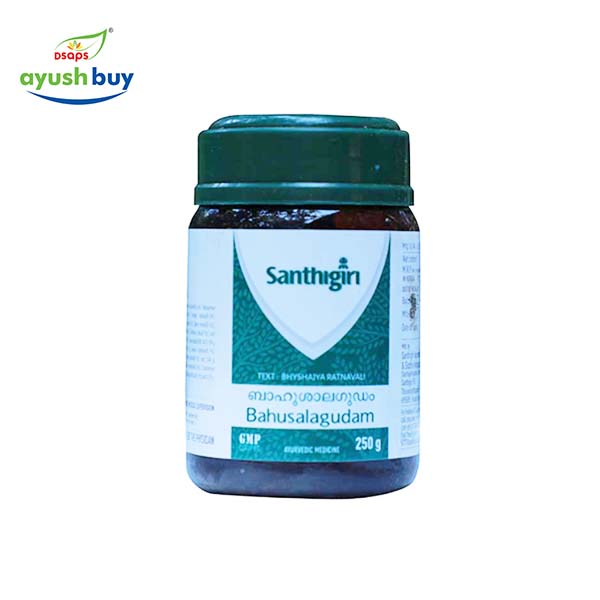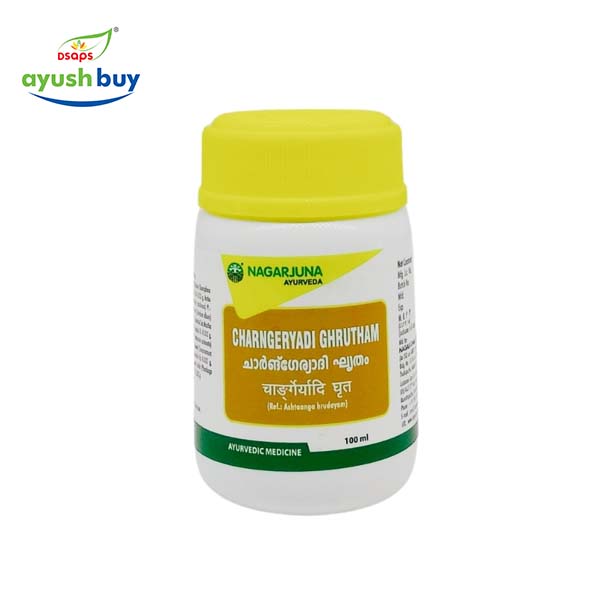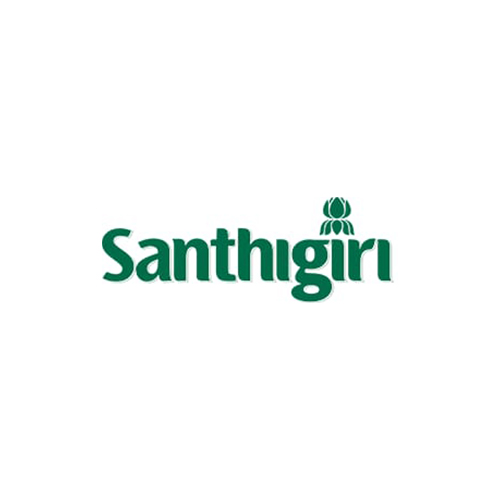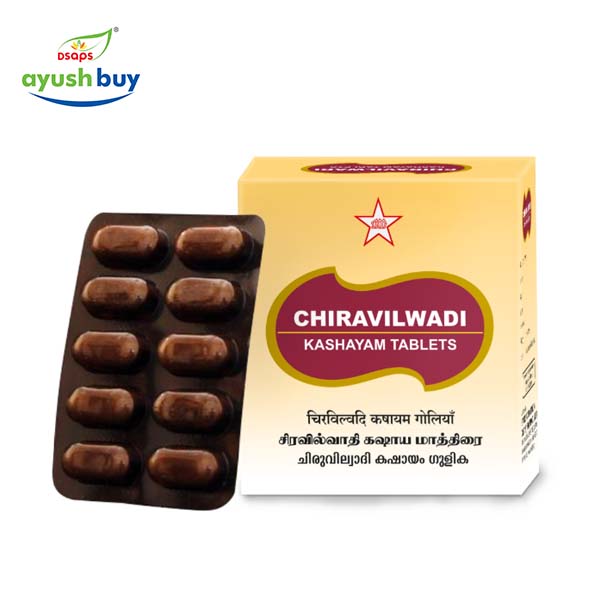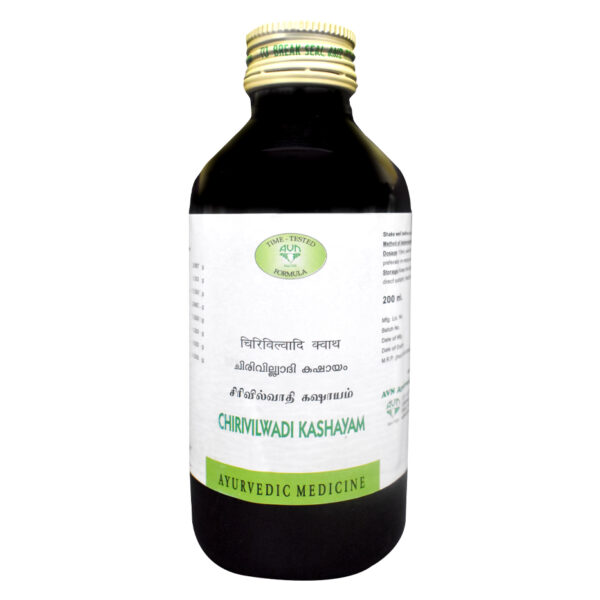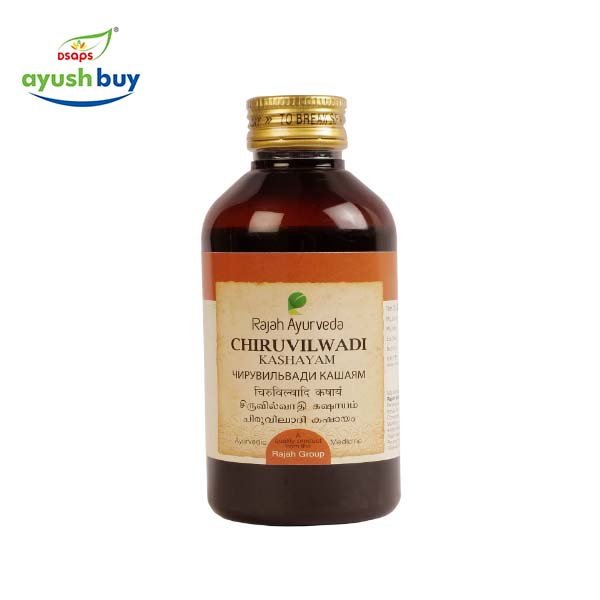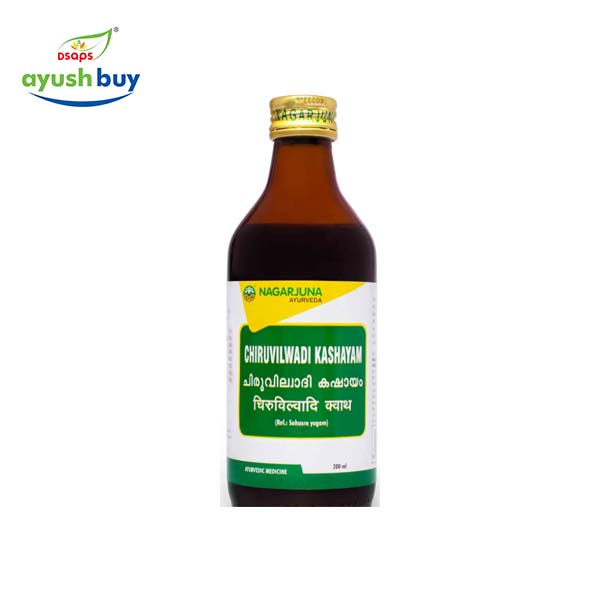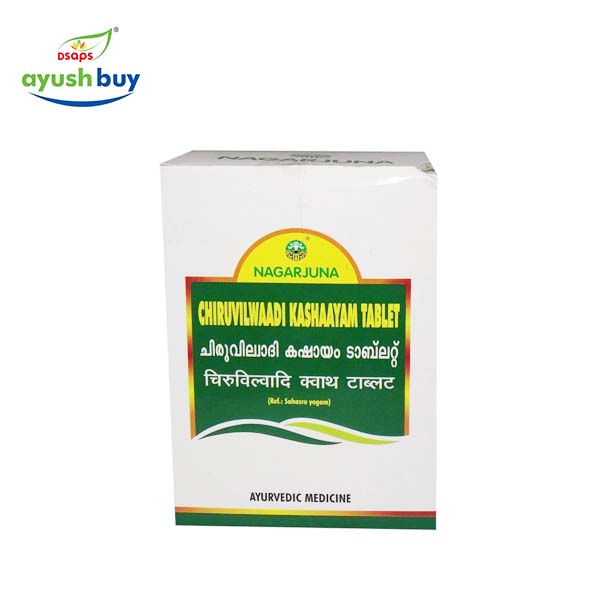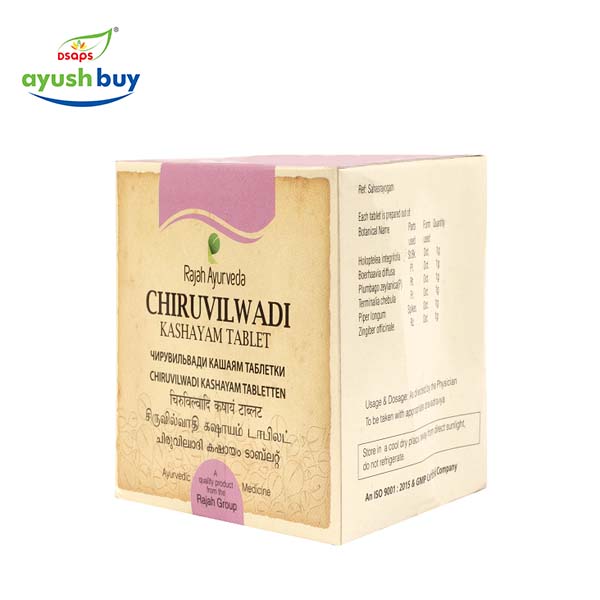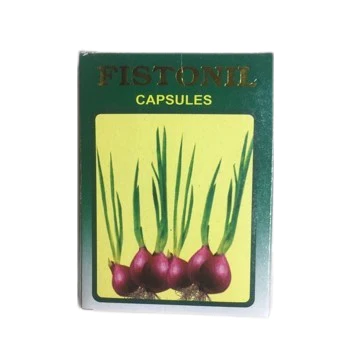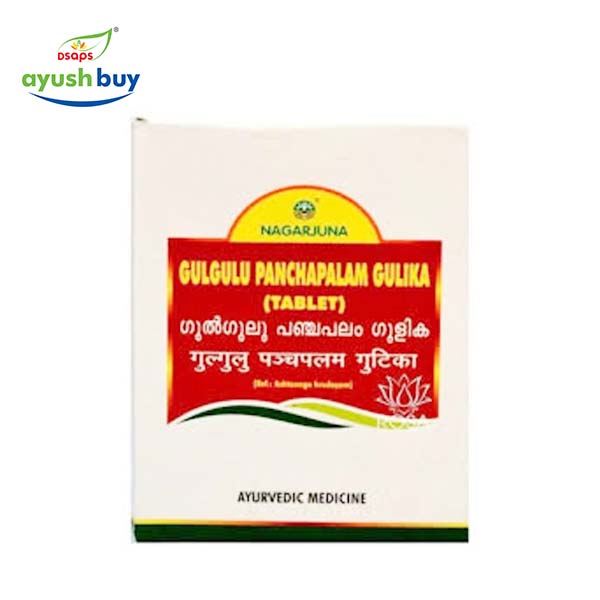Siddha Medicine for Piles
Piles Siddha medicine and treatment encompass a holistic approach rooted in ancient Indian medicinal practices. Siddha medicine, a traditional system originating from Tamil Nadu, relies on natural remedies such as herbs, dietary adjustments, and lifestyle modifications to address hemorrhoids, commonly known as piles. This traditional approach focuses not only on alleviating symptoms but also on addressing the underlying causes of the condition. By harmonizing the body’s vital energies, Siddha medicine seeks to restore balance and promote overall well-being, offering patients a comprehensive and holistic path to relief from the discomfort and distress associated with hemorrhoids.
What is Piles?
Piles, also known as haemorrhoids, are swollen veins located around the rectum or inside the anus. They can be internal or external and may cause discomfort, pain, itching, and sometimes bleeding during bowel movements. Piles can result from increased pressure in the lower rectum due to factors such as straining during bowel movements, chronic constipation or diarrhoea, obesity, pregnancy, or sitting for extended periods. While often not a serious medical condition, piles can cause significant discomfort and may require treatment to alleviate symptoms and prevent complications. It can be internal, external and interno-external.
- Internal – Above the dentate line, covered with a mucus layer.
- External – Below the dentate line, covered with skin.
- Interno-external – Together occurs.
Piles in Siddha View
According to Siddha, piles are termed “moola noi”. It has 21 types and they are Neer moolam, Chendu moolam, Mulai moolam, Sittru moolam, Varal moolam, Raktha moolam, Seezh moolam, Aazhi moolam, Thamaraga moolam, Vali moolam, Pitha moolam, Iya moolam, Iru kurta kalappu moolam, Vinai moolam, Megha moolam, Pavuthira moolam, Giranthi moolam, Kutha moolam, Pura moolam, Surukku moolam and Savvu moolam.
Factors Causing Piles in Siddha
Piles occur as a result of an imbalance in tridoshas, particularly the vatha and pitha doshas. It results from increased pressure in the lower rectum. When there is a pressure on the blood vessels around the anus and rectum, they can stretch and swell, leading to the formation of piles. Piles may occur due to the following reasons:
- Sedentary lifestyle
- Excessive body heat
- Chronic constipation
- Chronic diarrhea
- Lifting heavyweight
- Straining when passing stools
- Pregnancy
- Low-fiber diet
- Too much indulgence in sex
- Taking too many hot and spicy foods frequently irritates the intestines.
Reasons for Piles in Siddha
- Controlling hunger and taking food in untimely hours.
- Suppressing the urge to defecate may lead to constipation, and sometimes, it may lead to colon problems like piles, diverticulitis, etc.
- Leading a sedentary lifestyle gives abnormal pressure to the anus, resulting in piles.
Clinical Features of Piles
- Incidence is equal in both sexes
- Bleeding – splash in the pan (bright red/fresh red) during defecation
- Mass per anum
- Mucoid discharge
- Pruritis
- Pain
- Anemia
- Strangulated haemorrhoid, in which anal muscles cut off blood supply to the haemorrhoid.
Piles Complications
If left untreated, piles can lead to complications such as chronic bleeding, thrombosis and anal fissures.
Dietary and Lifestyle Changes for Piles
A balanced diet rich in fiber and a healthy lifestyle are crucial components of piles management.
Some dietary changes include:
- Drink plenty of water (about 2 to 3 litres / day)
- Avoid too much coffee and alcohol
- Include panneer poo thenooral, kottai thiratchai
- It’s better to avoid starchy foods like yellow pumpkin and potatoes and instead opt for fibrous foods.
- The inclusion of mango and sesame seeds adds bulk to the diet and helps prevent constipation
- Natural food softeners such as naaval, nelli, athi, and papaya are also recommended.
- Vegetables in more significant amounts, such as onions, radish, ginger, and bitter gourd, should be added to the diet.
Some lifestyle changes include:
- Avoid prolonged sitting.
- Regular cleansing of the colon by drinking warm water on an empty stomach
- Regular exercise is mandatory because it helps to improve digestive health and encourages regular bowel movements.
- Avoid regular use of laxatives
- Maintain good hygiene
- Practice good bathroom habits
- Manage stress
- Quit smoking.
Piles Treatment in Siddha Medicine
Based on the severity of the disease, the physician prescribes any of the following methods for the treatment of piles.
Internal medicines like
- Laxatives in order to normalize vatha humor.
External medicine, like,
- Ointment
- Fumigation
- Sitz bath with herbal medicine
Herbs used in Treatment of Piles in Siddha
- Elephant foot yam (Karunai kizhangu / Amorphophallus paeoniifolius) – relaxes the bowel system and provides relief for haemorrhoids.
- Senna (Nilavagai / Cassia senna) – it is a laxative. It treats constipation and clears the bowels. It helps to treat haemorrhoids and irritable bowel syndrome.
- Harithaki (Kadukkai / Terminalia chebula) – relieves constipation and other gastrointestinal ailments. It helps to cure piles.
- Clearing nut (Thettran kottai / Strychnos potatorum) – it eases bowel movement and regulates constipation. It helps to reduce pile mass and reduce/stop the bleeding.
- Aloe Vera (Kattrazhai / Aloe barbendensis) – it has an anti-inflammatory effect. It provides relief from burning, itching and swelling caused by haemorrhoids.
How to prevent Piles in Siddha?
- Taking more fiber-containing foods in the diet.
- Oil bath for reducing stress and providing mental relaxation.
- Include fibers in the form of whole grains and pulses such as peas, lentils, green grams, etc.
- Limiting caffeine and alcohol consumption.
- Take purgatives or laxatives for cleaning the bowels every four months.
- Following the squat position to defecate or practice Malasana.
Benefits of using Siddha Medicine for Piles
- Natural Ingredients: Siddha medicine utilizes natural ingredients such as herbs, minerals, and animal products, which are considered safe and effective in treating piles.
- Holistic Approach: Siddha medicine takes a holistic approach to health, aiming to balance the body’s elements and promote overall well-being, which can help alleviate piles and related symptoms.
- Customized Treatments: Siddha practitioners tailor treatments according to individual body types and conditions, providing personalized care for managing piles.
- Minimal Side Effects: Siddha medicines are known for their minimal side effects compared to some conventional medications, making them a safer option for long-term use.
- Addresses Root Cause: Siddha medicine focuses on addressing the root cause of piles by improving digestive health, enhancing blood circulation, and reducing inflammation in the anal region.
- Improves Digestion: Siddha remedies often include ingredients that aid digestion, which can help prevent constipation and straining during bowel movements, thus reducing the risk of aggravating piles.
- Promotes Healing: Siddha treatments promote the healing of damaged tissues and veins in the rectal area, providing relief from pain, itching, and bleeding associated with piles.
- Stress Reduction: Siddha therapies may include techniques to reduce stress and anxiety, which can contribute to the worsening of symptoms, offering a holistic approach to overall well-being.
- Lifestyle Recommendations: Siddha practitioners often provide lifestyle recommendations, including dietary changes, exercise, and stress management techniques to support the management and prevention of piles.
- Long-Term Benefits: By addressing the underlying imbalances in the body, Siddha medicine offers long-term benefits in managing piles, reducing the likelihood of recurrence and promoting overall health and wellness.

